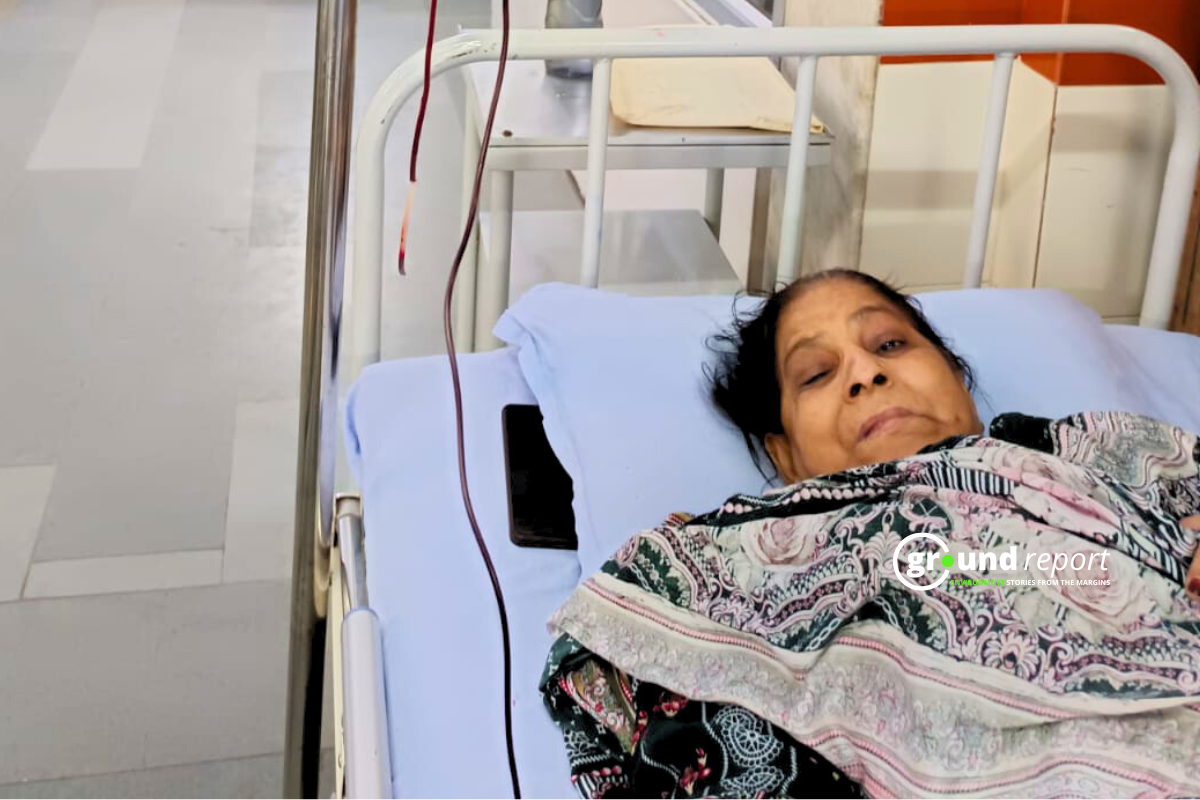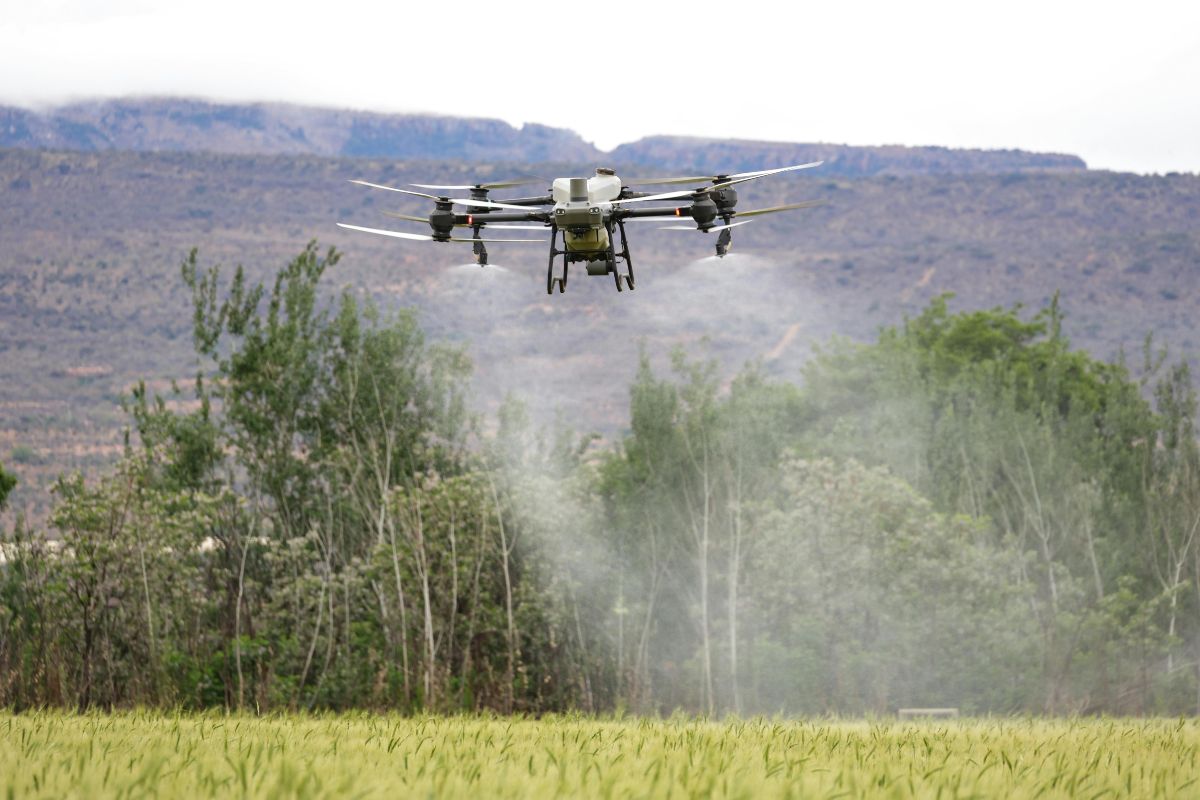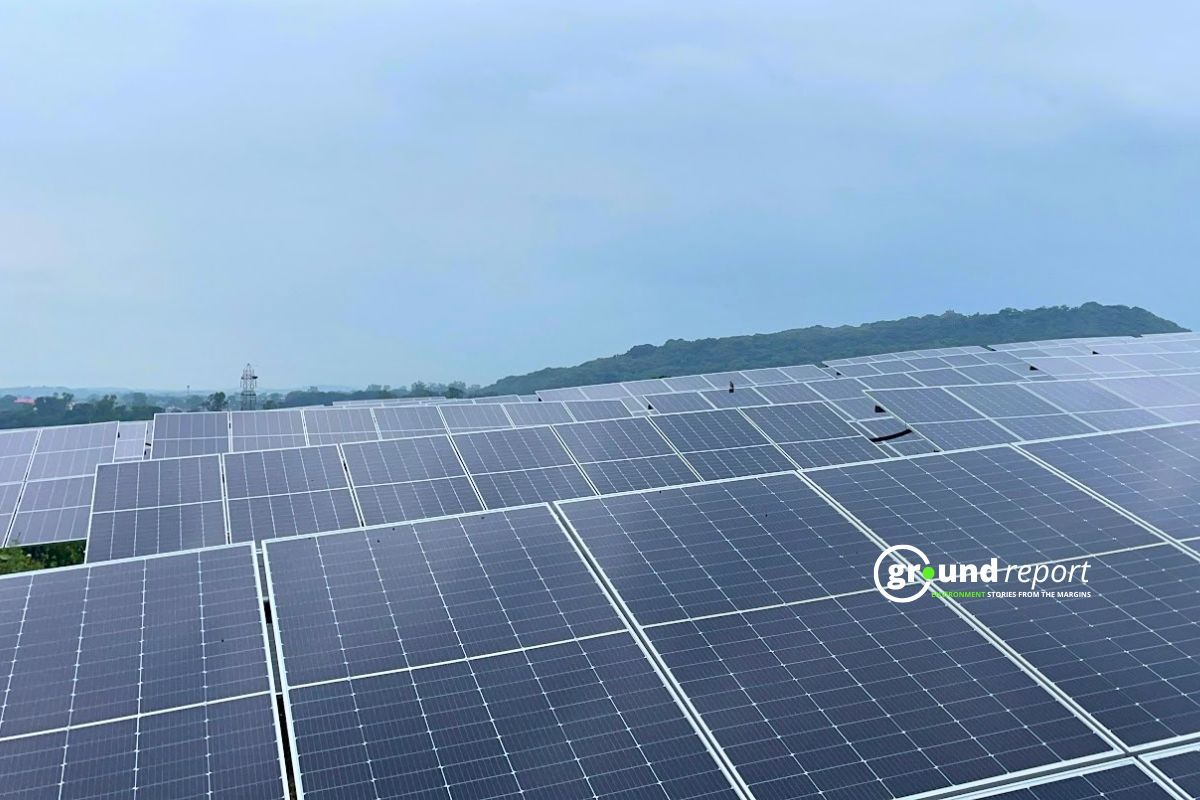Umra Khalid and Zarina share a tragic connection despite not being sisters. Their lives intersected on the night of December 2-3, 1984. Zarina survived the Bhopal gas tragedy—the world’s worst industrial disaster. Over 500,000 people near the Union Carbide India Limited pesticide plant were exposed to toxic methyl isocyanate gas. Umra is a second-generation victim. Her parents directly suffered from the gas leak, but the effects have reached her too.
Forty years later, both women suffer from life-threatening illnesses. They spend their days moving between doctors’ offices and hospitals, their resources and hope diminishing with each passing day.
There are many gas victims like them who are suffering from deadly diseases due to the gas leak. Forty years after the tragedy, many still continue to struggle for medical care, battling life-threatening illnesses and bureaucratic delays. Despite government promises of free treatment and specialized hospitals for gas victims, systemic failures—including shortages of doctors, medicines, and funding—have left many without access to timely care. Legal petitions filed for improved healthcare remain stuck in court, while thousands of survivors and their families face an ongoing nightmare of medical neglect and official apathy.
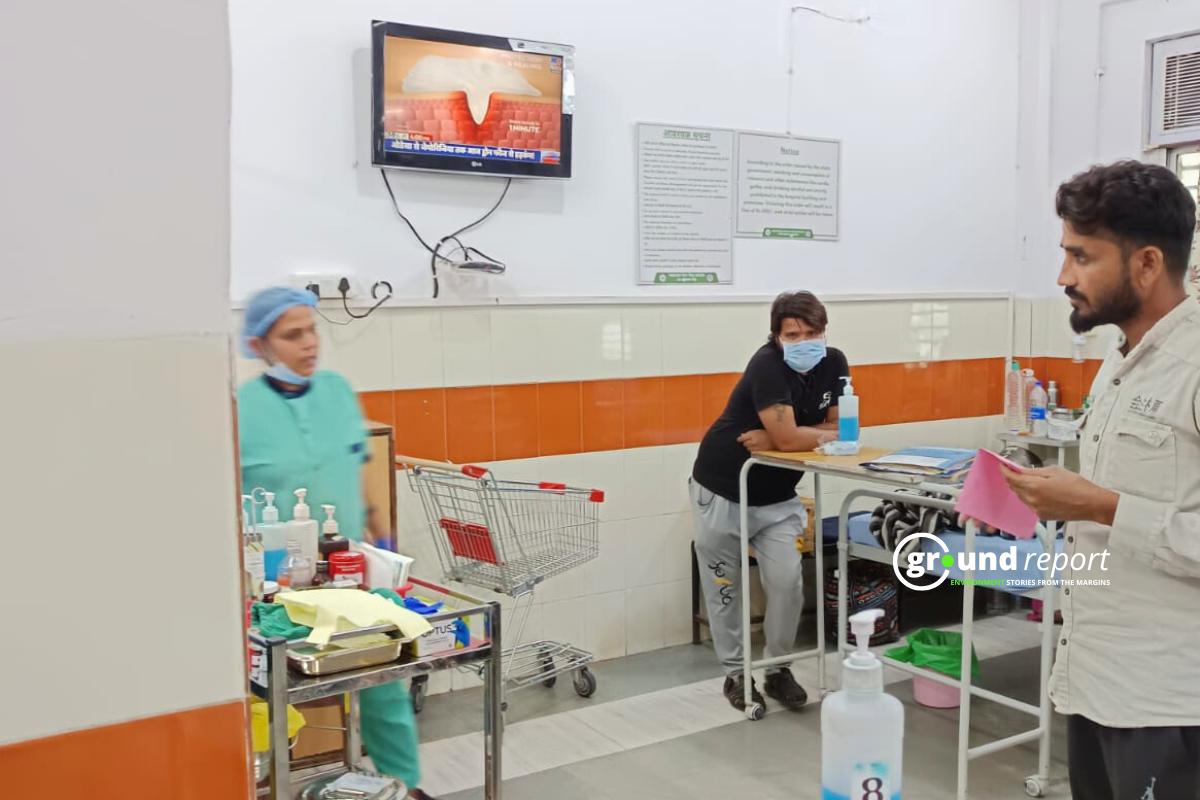
Thirty year old Umra Khalid lives in Congress Nagar, Bhopal’s Kazikamp area. A gas tragedy dependent, she has battled Nephrotic Syndrome since COVID-19.
The syndrome has made her breathing heavy and her body weak, but her biggest battle wasn’t with the disease—it was with the system that failed to provide her timely treatment.
On January 16, Dr. M.L. Banjare at Kamala Nehru Hospital– a hospital dedicated to gas survivors, prescribed Umra a critical injection. Despite promises of availability, weeks passed with nothing. On February 11, her husband petitioned the Gas Relief Office for two injections. Two months later—still no response.The injection, needed twice a month, costs Rs 40,000 in the market. She adds, it is recommended to take 2 injections of MABTAS T 500 (Rituximab Concentrate for solution for infusion 10mg/ml) within one month.
“Hospital doctors prescribed the injection without knowing the dosage,” says her husband Nafees. ” Dr. Banjare referred us to Dr. Himanshu Sharma, a nephrologist at Hamidia Hospital.”
“After numerous visits, we finally met the Hamidia doctor, but he wouldn’t write the prescription and sent us back to the referring doctor,” Nafees explains. Only after Dr. Banjare’s phone call did they finally get the prescription.
Struggling to speak, Umra says,
“Now officials from Kamala Nehru Hospital and Gas Relief have advised me to visit Dr. Sharma’s private clinic.”
At sixty-two, Zarina battles blood cancer from her modest two-room home in Bhopal’s Budhwara area. Her path has been as devastating as Umra’s. Receiving initial treatment at Hamidia Hospital, Zarina was referred to Jawaharlal Nehru Cancer Hospital in Bhopal on February 25 for chemotherapy. She submitted a cost estimate to the Gas Relief CMO and received written assurance her file would be approved by March 5—just in time for her March 7 chemotherapy appointment. But these promises vanished when her estimate was forwarded to Hamidia Hospital, where it remains trapped with a review committee.
Her family has been caught in an endless cycle between Jawaharlal Nehru Cancer Hospital, the Gas Relief CMO office, Hamidia Hospital, and the director’s office. Every stop offers only delays and excuses while Zarina’s approval remains pending and her life hangs in balance. “I’m exhausted from making rounds of offices,” laments her husband Abdul Salam. “Officials keep making empty promises day after day. We’re being punished for being poor.” With evident despair, he adds, “Only God knows when the file will be approved and when my wife will receive treatment.”
Lingering Shadow of a Tragedy
The Bhopal Gas Tragedy, which occurred on the night of December 2-3, 1984, due to methyl isocyanate leakage from the Union Carbide factory, claimed thousands of lives and left millions with permanent health problems. Addressing the health concerns of gas victims and their dependents, the Bhopal Group for Information and Action (BGIA) and other gas victim organizations filed a writ petition (No. 15698/2012) in the Madhya Pradesh High Court. This petition has been pending for 12 years, highlighting the sluggishness and indifference of governmental and judicial systems. The next hearing is scheduled for April 22.
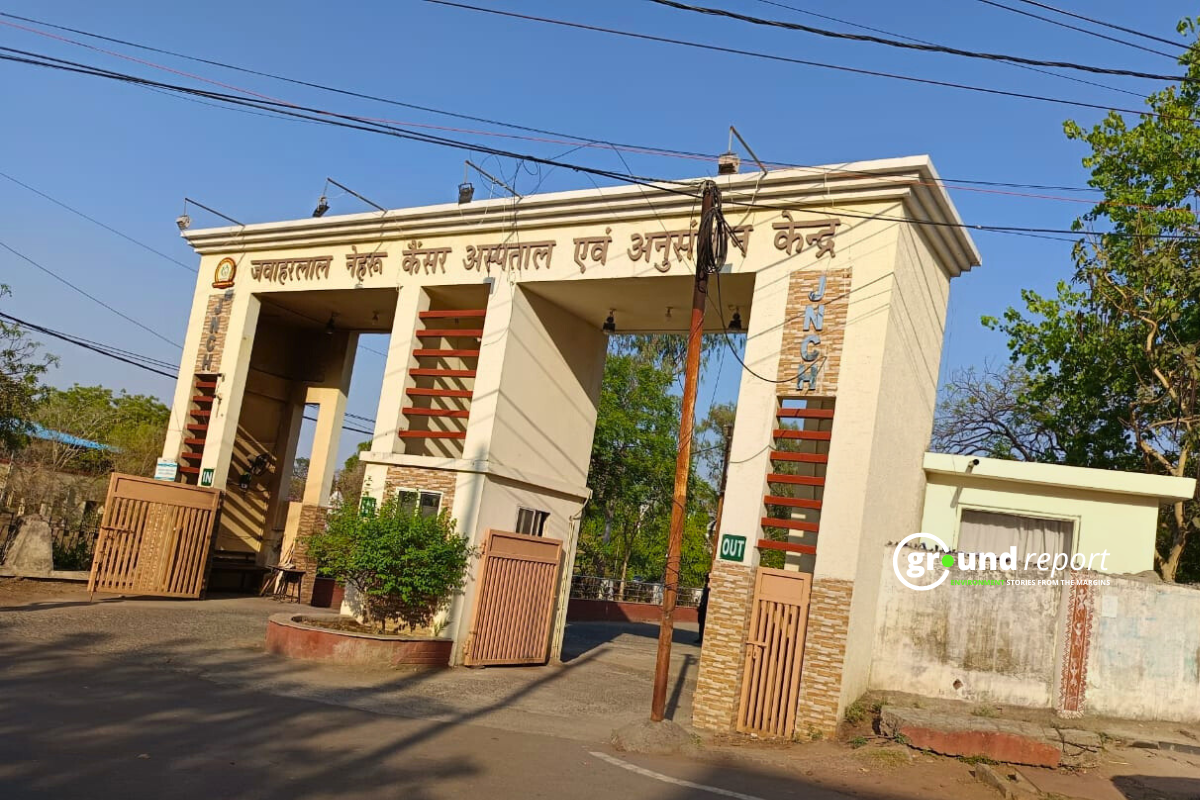
Despite promises by central and state governments to provide free treatment following settlements and judicial orders, the reality on the ground tells a different story. The Bhopal Gas Tragedy Relief and Rehabilitation Department operates six hospitals and nine dispensaries supposedly offering free treatment facilities. Gas victims and dependents have also been provided with Ayushman cards. However, these services often exist only on paper, as hospitals struggle with shortages of doctors, nurses, staff, medicines, and equipment.
This is confirmed by the 21st quarterly report of the monitoring committee formed by court order, which highlights vacant positions for specialist doctors, delays in cancer treatment due to funding shortages, and prioritisation issues. Out of approximately 500,000 gas victims and dependents, only 16,848 Ayushman cards have been issued. Officials blame the slow pace on name mismatches.
Timeline of the Petition
Gas victim organisations filed a petition (Civil 50/1998) in the Supreme Court requesting the resumption of disaster-related medical research, recording each victim’s health status, improving health facilities, and developing treatment protocols for disaster-related illnesses. After 12 years of hearings, the Supreme Court accepted this petition on August 9, 2012, directing the central government to provide better medical facilities and forwarding the case to the Madhya Pradesh High Court for further action.
This became writ petition 15698/2012 in the MP High Court, aiming to ensure free and timely treatment for gas victims, including the creation of medical health cards and digitization of records. However, by January 2025, medical record digitization remained incomplete.
Current Status and Challenges
During a January 2025 hearing in the MP High Court, judges expressed displeasure and reprimanded officials. According to a compliance affidavit filed by the respondents as per the December 9, 2024 order, digitizing 17 lakh pages would take 550 days (scanning 3,000 pages daily for 333,840 patients). The cloud server setup under the e-Hospital project is pending financial approval, expected in FY 2025-26.
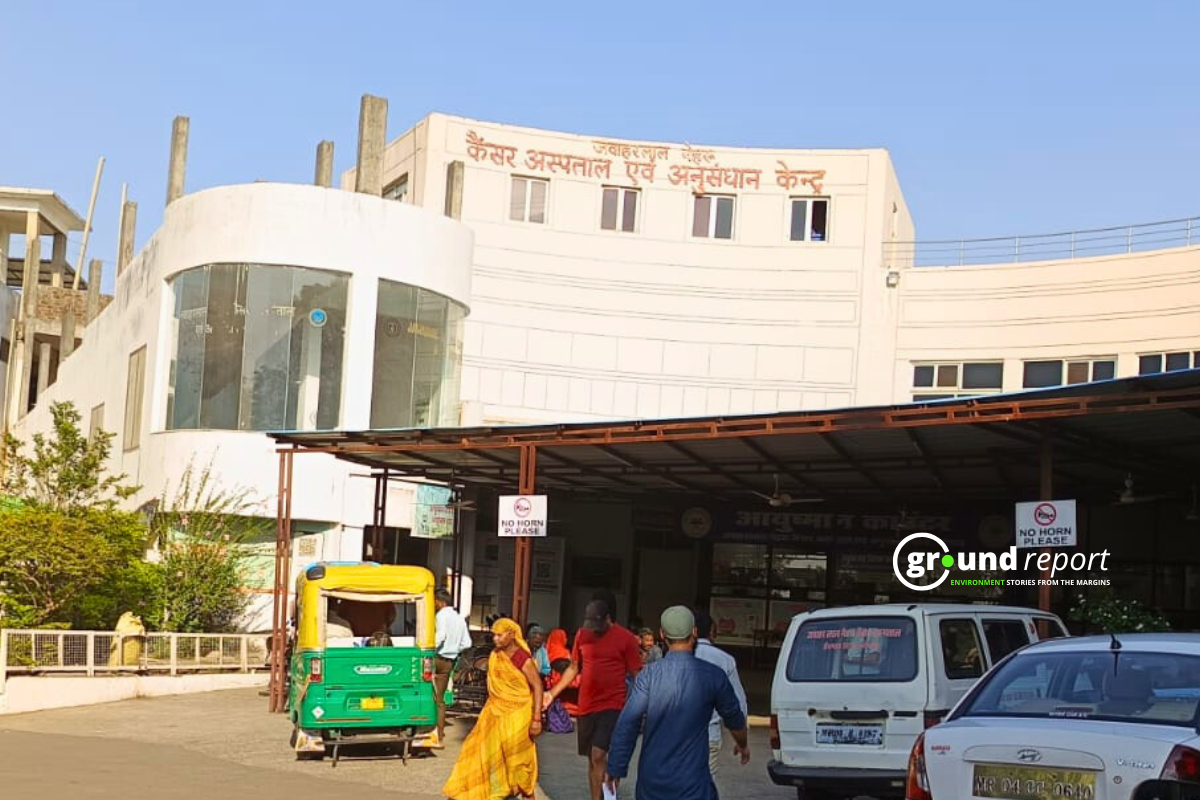
The court suggested using additional human resources given the fragile nature of old records. Petitioners alleged that despite the availability of technology, deliberate delays continue to affect treatment even 40 years after the disaster.
Systemic Failures
Rachna Dhingra, member of the Bhopal Group for Information and Action and petitioner in the writ petition, says, “These are patients who managed to contact us, but countless others are wandering from door to door hoping to receive treatment.”
The court established a monitoring committee headed by Justice V.K. Agarwal to ensure gas victims and dependents receive free and timely treatment. Its 21st quarterly report revealed the deplorable condition of gas relief hospitals. Despite this, both central and state governments show little interest in improving the system.
“We have informed monitoring committee members and responsible officials about these two patients’ conditions. We will also inform the court during the next hearing,” Dhingra adds.
When Ground Report contacted Dr. SS Rajput, Chief Medical and Health Officer (CMO) of Gas Relief Bhopal, about Umra and Zarina’s cases, he stated, “The file of gas victim Zarina has been approved. She will receive chemotherapy either this week or next week.” Regarding Umra Khalid, Dr. Rajput explained, “We received Umra Khalid’s application. Though the injections couldn’t be made available to her due to certain reasons, they will be provided this week itself.”
Stories like Umra’s and Zarina’s demonstrate that government indifference and resource limitations continue to impact thousands. The monitoring committee’s recommendations and funding issues require immediate attention to ensure timely treatment and save lives. This is not merely a governmental obligation but a humanitarian imperative that cannot be postponed any longer.
While Umra and Zarina may have found a glimmer of hope in their desperate struggle for health, hundreds of other Bhopal gas tragedy victims and their dependents still await treatment. For them, life remains an unending nightmare.
Edited by Diwash Gahatraj
Support us to keep independent environmental journalism alive in India.
Keep Reading
Why does India use lower Pesticides per hectare of cropland than other countries?
Cotton arrivals increase in Madhya Pradesh, prices remain stable
Increasing debt and declining landholdings in agriculture, says NABARD survey
How bamboo fabric is better for environment than cotton?
Follow Ground Report on X, Instagram and Facebook for environmental and underreported stories from the margins. Give us feedback on our email id greport2018@gmail.com.
Don’t forget to Subscribe to our weekly newsletter, Join our community on WhatsApp, and Follow our YouTube Channel
